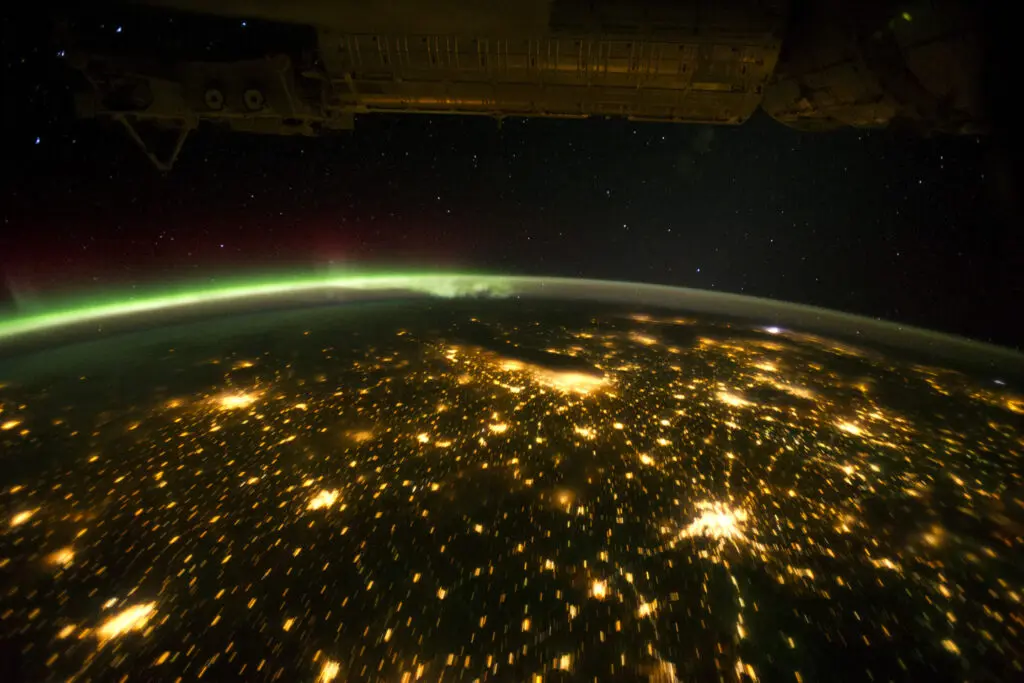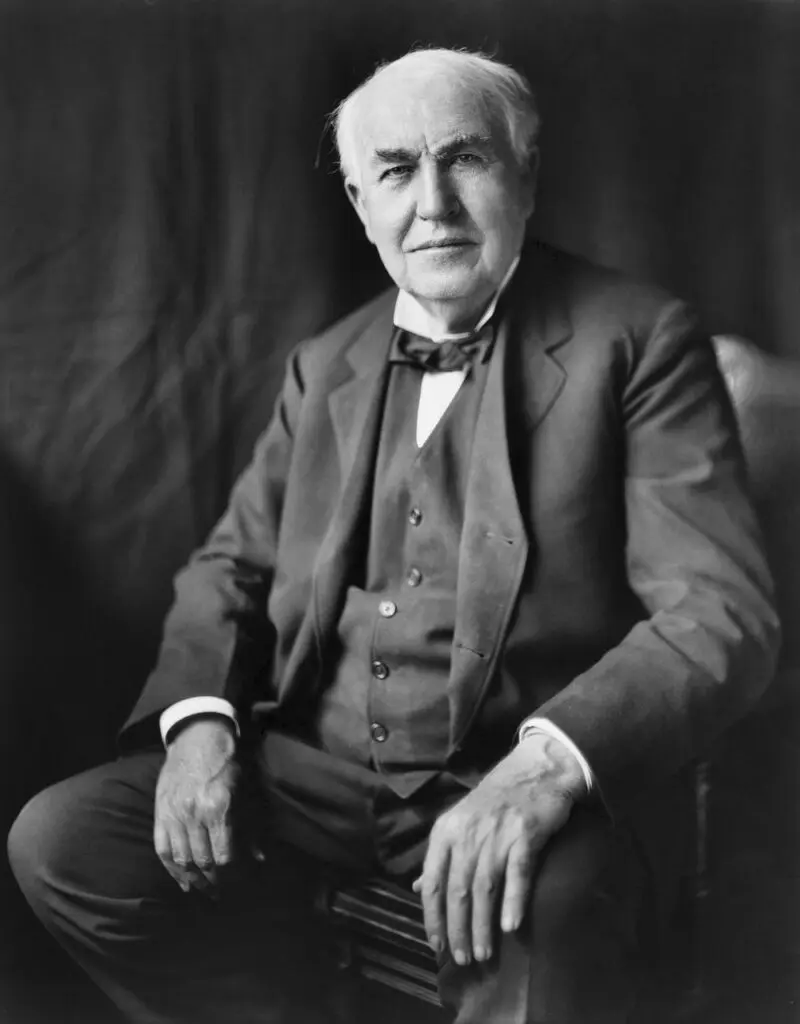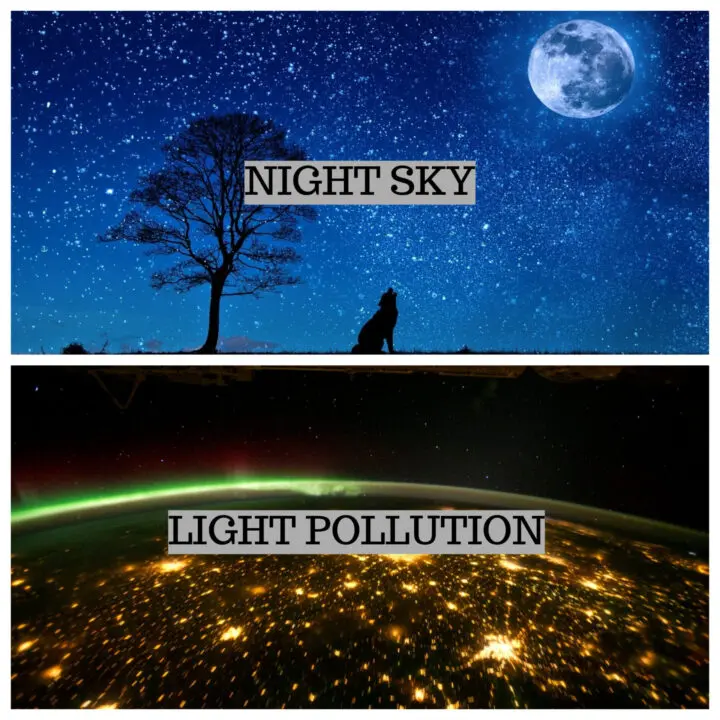Since the beginning of time, mankind has always been bewildered by the sight of the night sky – a canvas of beautiful shining lights in the backdrop of deep darkness. It is such a breathtaking sight.
But, we may no longer be able to enjoy this experience. The more we climb up the ladder of technology and advancement, the more we keep losing mother nature’s beauty.
Our lights versus nature’s
Artificial lights have flooded the sky so much that the lesser light from our stars is no longer visible. Only the brightest stars are left shining visibly.
This image below from NASA, taken on 29th September 2011, shows earth from space at night. The image features cities like Chicago, Minneapolis, Omaha and St. Louis.
Take some time to view the image. Compare the little stars with light from the cities down on earth.

Evidently, the sheer brightness of the cities is unmatched by the dim star light. The stars don’t stand a chance of shining on earth.
Inevitable problem
It might seem like a problem affecting the developed world, but as long as we have cities thriving anywhere, then light pollution becomes an automatic problem.
Gazing up under Nairobi’s night sky, you won’t see as many stars as you would in an innocent village. In fact, you can almost count the number of visible stars in the city.
But once you get down to the village, the stars become numerous and uncountable – as it was originally.
The city’s sky is lit up by so many lights. Excess light from bulbs strays up into the sky, meaning that when you look up, you won’t be able to see anything not brighter than it.
Given that most stars are faint, their visibility is enormously reduced by stray light.
In the event of a power outage, the sky will usually unleash its hidden beauty, revealing just how much damage we have done with our lights.

What would Thomas Edison feel if he were to wake up and see the milestones we have made since he invented the first light bulb? How would he react to his invention being one of the subjects of pollution?
Maybe he would call it an unforeseen or an unavoidable consequence of progress. He must have dreamt of a world with no darkness in it. Unfortunately, the more we kick out darkness, the more we lose the night sky’s beauty.
It is expected that cities will keep on getting brighter as urbanization rates keep increasing. Even the innocent places will probably start lighting up.
Light pollution is one more reason we need to keep parks and forests away from human encroachment, to preserve the beauty and dignity of the night sky.

